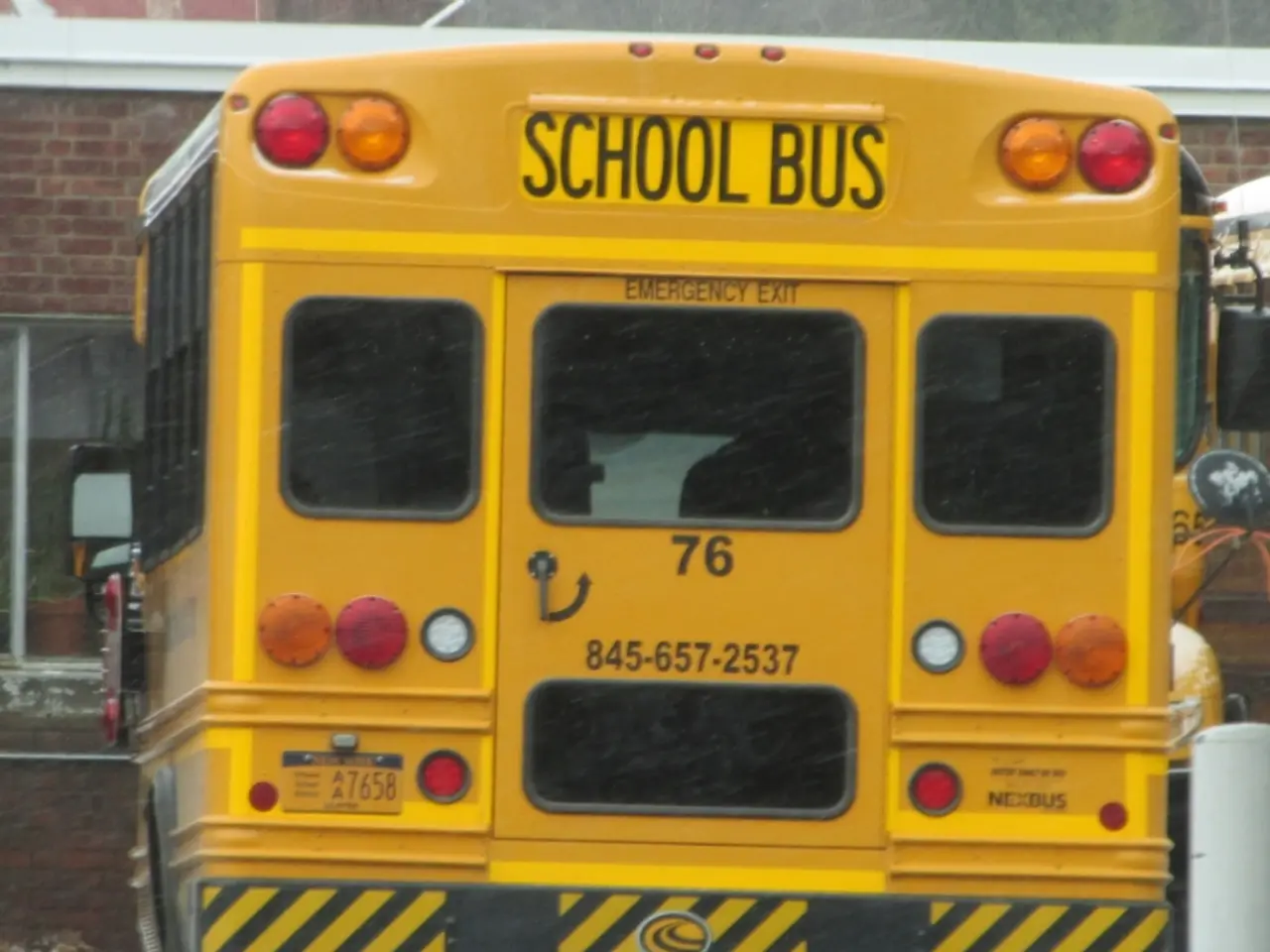Appealing International Baccalaureate (IB) results: Comprehensive guidance on academic reviews and regrades
International Baccalaureate (IB) Regrade and Appeals Process Explained
The International Baccalaureate (IB) has a system in place to allow students and parents to challenge exam scores or coursework marks if they believe there has been an error or unfair grading. This process, known as the IB regrade and appeals process, consists of two main services: Enquiry Upon Results (EUR) and appeals.
- Enquiry Upon Results (EUR) / Re-marking: If students have concerns about the accuracy of their marks, they can request the IB to recheck their exam scripts to ensure all parts have been marked correctly and the marks have been added up properly. A more detailed re-mark is also available, where the examiner reviews the answers again. The outcome of an EUR can result in the grade going up, down, or staying the same.
- Appeals: If students or parents believe that the IB did not follow its procedures correctly in marking or awarding grades, they can submit an appeal to challenge the process itself, not just the mark. This is a more formal process that usually follows after a re-mark or enquiry.
Process Overview:
- Students or parents typically initiate the process through their IB coordinator at their school, who submits the enquiry or appeal request to the IB.
- There are strict deadlines after results day within which requests must be submitted.
- The IB charges fees for these services, and some schools may refund the fee if the grade improves.
- Results from a regrade or enquiry are usually provided within a few weeks.
- If the mark changes after the re-mark, the new mark will stand, even if it is lower than the original.
- Appeals require a formal submission explaining why IB procedures were not followed, and the IB may convene a committee to review.
- The final decision from IB on appeals is binding.
This process is designed to ensure fairness and accuracy in IB assessment while providing a clear pathway for students and parents to raise concerns.
For a formal appeal, schools generally have an internal process before contacting the IB, which often involves reviewing the grade with teachers and school coordinators to ensure all internal options are exhausted.
All communication must go through the school's IB coordinator. If unhappy with the EUR outcome, a formal IB appeal can be made. It's important to note that some universities may hold an offer while a student awaits regrade results, but this is not guaranteed, so it's essential to check with the university first.
This article reflects the standard IB regrade and appeals procedure as widely documented by official IB resources. Other academic appeal processes, like those at universities, may vary. For more information, consult your school's IB coordinator or official IB resources.
- Education-and-self-development: The process of challenging exam scores or coursework marks through the International Baccalaureate (IB) regrade and appeals process can greatly contribute to a student's education and self-development, as it offers an opportunity for improvement and the chance to gain a more accurate reflection of their knowledge and skills.
- Learning: The IB's Enquiry Upon Results (EUR) service and appeals process can stimulate learning as it encourages students to critically evaluate their exam scripts, seek clarifications, and gain insight into the specific areas they need to improve, contributing to their overall development as lifelong learners.




